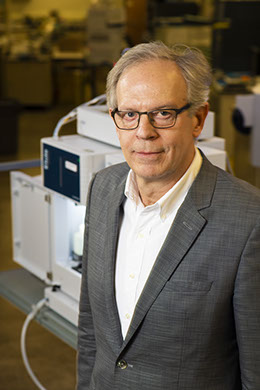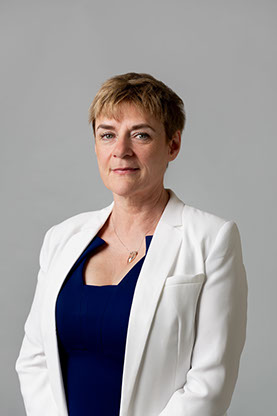
The Victoria Longitudinal Study (VLS)
The VLS is a long-term, large-scale, and multi-faceted longitudinal investigation of human aging. Incorporating biomedical approaches, leading-edge technologies, and epidemiological perspectives, the VLS evaluates and tracks actual cognitive, brain, and health trajectories leading to outcomes that can be classified as normal, resilient, exceptional, impaired, or dementia. Our studies examine these differential brain and cognitive changes as a function of interactions among multiple “biomarkers” of both risk and protection. Among these interacting biomarkers are those representing selected aspects of biological, functional, health, genetic, metabolic, vascular, lifestyle, physical fitness, cognitive activity, and demographic domains. For precision analyses and interpretation we often evaluate prediction patterns by the AD risk triad of age, sex, and genetic risk. We use both data-driven (including machine learning) and hypothesis-guided quantitative modeling technologies to evaluate these dynamic and individualized predictions.
Locations
The VLS operates in two favourable locations in western Canada. The overall research, administrative, data collection, archives management, and lab headquarters of the VLS are in beautiful and booming Edmonton, the capital city of the Province of Alberta. Many of our dedicated longitudinal participants regularly visit our continually active VLS lab in lovely Victoria, on Vancouver Island, off the coast of the Province of British Columbia.
Leadership and Collaborators
The VLS is led by Drs. Roger A. Dixon and G. Peggy McFall. Dr. Dixon is the long-serving VLS Director and Principal Investigator. He is the recipient of two consecutive terms of the prestigious NIH MERIT Award and two Canada Research Chair awards. Dr. McFall (Research Associate, UAlberta) is the Assistant Director of the VLS. She has received multiple recognitions, including two outstanding research awards from the Canadian Consortium on Neurodegeneration in Aging. We gratefully acknowledge the expert contributions of our stellar panel of consultants and co-investigators. These include Drs. Kaarin Anstey (University of New South Wales and NeuRA Australia), Lars Bäckman (Karolinska Institutet, Sweden), Richard Camicioli (Medicine/Neurology, UAlberta), Ian Deary (University of Edinburgh, UK), Christopher Hertzog (Georgia Tech, USA), Scott Hofer (UVictoria), Jack McArdle (University of Southern California, USA), Stuart MacDonald (UVictoria), and Brent Small (University of South Florida, USA).
Support
Since its inception in the late 1980s, the VLS has been continuously funded by the U.S. National Institute on Aging, one of the National Institutes of Health (NIH). The current NIA grant is: NIH R01 AG008235 (PI: R.A. Dixon). The VLS has also benefited from supplemental funding from numerous other sources, including AHFMR, Alberta Health Services, Canada Research Chairs, CIHR, NSERC, SSHRC, STINT, other NIH grants, and the Universities of Alberta (Faculty of Science, Faculty of Medicine) and Victoria.
Integrative Activities
The VLS actively participates in provincial networks (Campus Alberta Neuroscience), national networks (Canadian Consortium on Neurodegeneration and Aging), and international longitudinal initiatives (IALSA).
Further Information
Please click on the links above for more information about the VLS. For additional context, please visit the website of Roger Dixon, VLS Director. To contact or visit the VLS laboratories in Edmonton or Victoria, please click here.
Drs. Roger A. Dixon and G. Peggy McFall are VLS collaborators and co-directors of the VLS research enterprise, including numerous related projects.


©2023 Victoria Longitudinal Study

%20resized.png?crc=408862370)